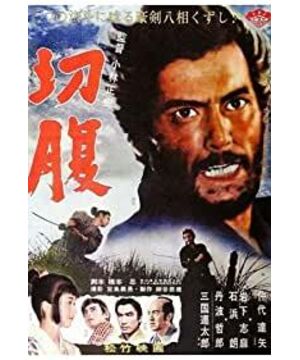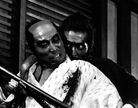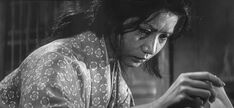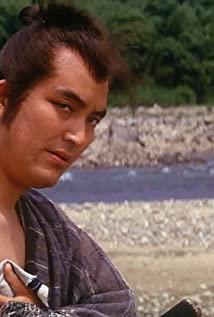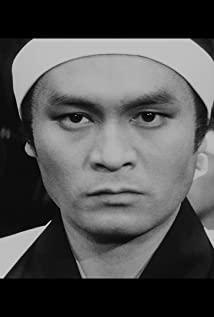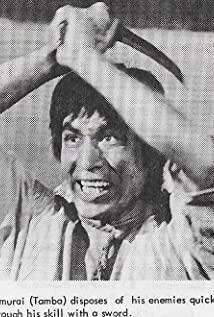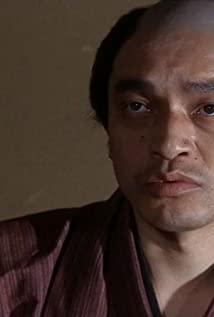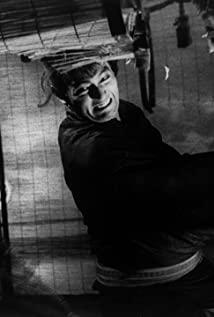The story structure of this film is reasonably arranged, and it tells a very profound story. At the same time, it depicts several characters with distinct personalities. It is a pity that the fighting movements are a little embarrassing. It's like fighting, which may be the only shortcoming.
The film depicts two completely different types of samurai. On the one hand, there is the prince Ii family. Among them, the samurai eats a lot of food, but they are strong on the outside and work hard on the inside. He kept talking about dignity and Bushido, but facing the loss of his hair knot, he even tried to take a leave of absence to hide his eyes from others.
On the other hand, in the Banshiro family, the begging girl resolutely chose to use a bamboo knife to cut her abdomen in the face of the difficulties of the Jingyi family. At the end of the film, Hanshiro also showed the spirit of seeing death as home. Before he died, he also stepped on the dignity of the Jingyi family under his feet.
However, the connotation of the film is not so simple. Hanshiro went to Ii's house, but it was not just for revenge. Hanshiro also believed in Bushido before, and he was also proud of being a samurai. Otherwise, he would not have mastered the superb swordsmanship.
The fuse was the mass unemployment of ronin caused by the Tokugawa shogunate, and the collapse of belief came from seeking a daughter. When he found out that begging for a daughter to make a living for the family and decisively sold his samurai sword, he realized that the Bushido that he believed in could not give him any help in peaceful times.
The beggar never mentioned selling knives to him, and the dignity he upholds may have accelerated the tragedy to some extent.
After thinking about it, Hanshiro challenged the three of them one by one, and took away their hair knots, which was no different from being beheaded at the time.
In fact, Hanshiro didn't come to pick things up, after all, his revenge had already been avenged. He only needs to hear the old man apologize to him, and he will really start cutting his belly. However, the clan elder still insisted on his dignity until Hanshiro couldn't bear it any longer, and began to humiliate the samurai of the Ii family, and threw the hair knot.
Hanshiro finally said that his today will be the tomorrow of these samurai, and it also heralds the end of an era.
Ironically, even if they wanted to use force, the Ii family couldn't take advantage. They suffered heavy casualties, and their ancestor was thrown to the ground by Hanshiro.
But what is even more ironic is that the Jingyi family only needs to do some public relations and deal with the bloodstains on the ground to restore their normal tranquility. Under the operation of capital, these poor ronin seem to have no human rights.
Of course, the Ii family was talking about Bushido and dignity on the surface, but in the real duel, they used iron cannons. This is a great irony.
If you want to dig deeper into the plot of the film, you can actually tell a lot. Because Kobayashi Masaki is also an anti-war activist in Japan, his films can reflect many Japanese social problems. The film is also an attack on those who stand on the moral high ground.
View more about Hara-Kiri reviews


